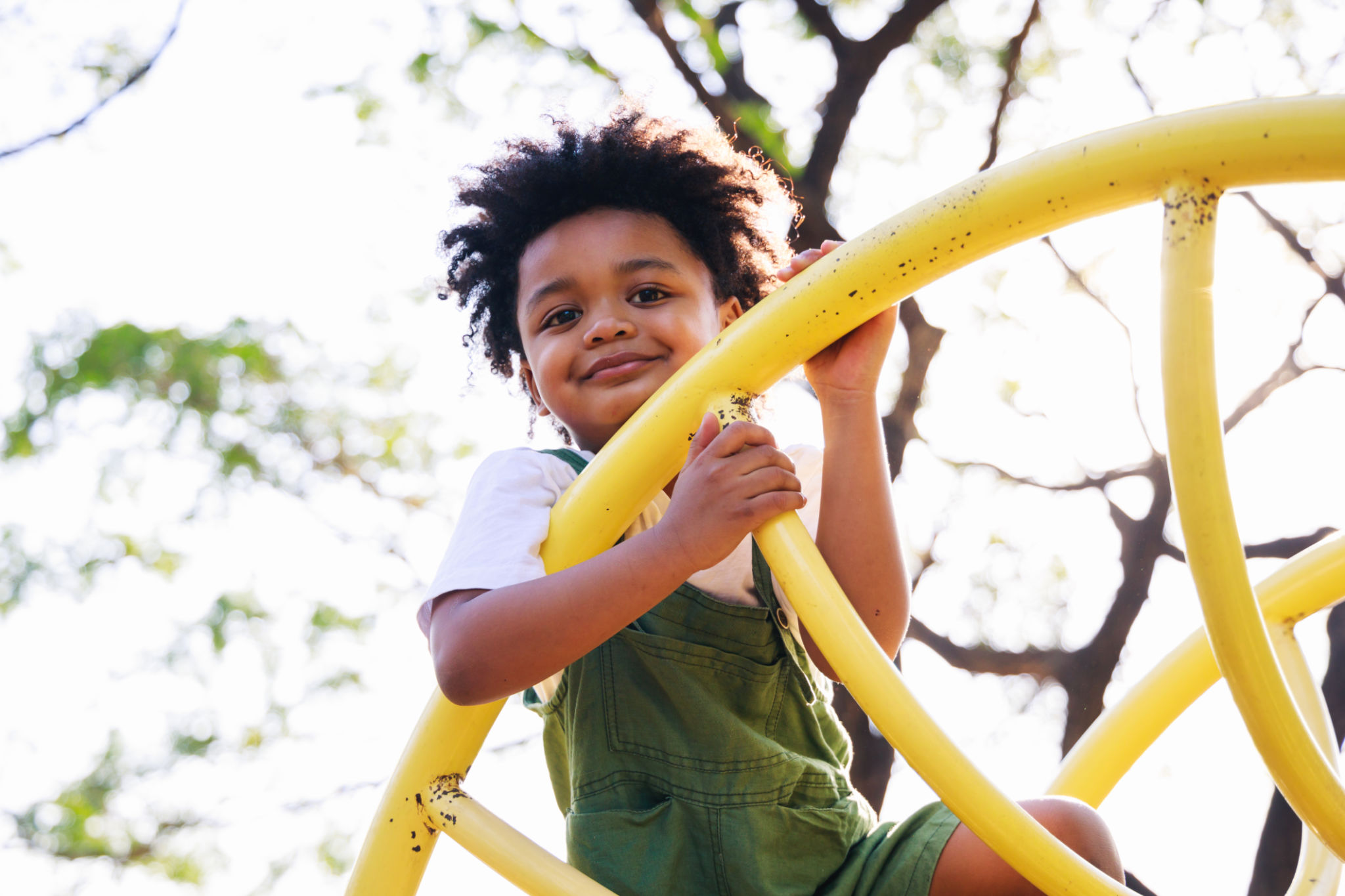Success Stories: How Our Play-Based Learning Approach Transformed Local Families
Introduction to Play-Based Learning
In recent years, the concept of play-based learning has gained significant attention for its effectiveness in early childhood education. Unlike traditional methods, play-based learning focuses on engaging children through play activities that promote cognitive, social, and emotional development.
Our approach to play-based learning has been transformative for many local families, providing a dynamic environment where children thrive. In this blog post, we share some inspiring success stories that highlight the impact of our educational approach.

Building Confidence and Social Skills
One of the most remarkable transformations we've observed is in children's confidence and social skills. By participating in group activities and interactive play, children learn to communicate, share, and collaborate with their peers. These skills are foundational for their future academic and personal success.
Take the story of Emma, a shy three-year-old who initially struggled with social interactions. Through our play-based programs, Emma gradually grew more comfortable expressing herself and forming friendships. Her parents were amazed by her newfound confidence and willingness to engage with others.

The Role of Creative Expression
Creative expression is a core component of our curriculum. Activities such as art, music, and storytelling allow children to explore their imaginations and express their feelings in a safe space. This not only enhances their creativity but also aids in emotional development.
Jonathan's story is a testament to this approach. Initially reserved and introverted, Jonathan found his voice through music classes. His parents noticed a positive change in his demeanor, as he became more open and communicative both at school and at home.
Cognitive Development through Play
Our play-based learning approach also supports cognitive development by encouraging children to solve problems and think critically. Activities like puzzles, building blocks, and interactive games challenge young minds and stimulate intellectual growth.
Six-year-old Lucas exemplifies the benefits of this approach. Struggling with focus in traditional settings, Lucas thrived in our hands-on learning environment. His problem-solving skills improved significantly, and he developed a keen interest in science and mathematics.

Parental Involvement and Support
Success stories like these would not be possible without the active involvement of parents. Our programs emphasize the importance of parental engagement, offering workshops and resources to help parents support their children's learning journey at home.
For instance, Sarah's parents attended our workshops on creative storytelling techniques. They implemented these strategies at home, which not only strengthened their bond with Sarah but also enhanced her literacy skills and imagination.
Conclusion: A Bright Future Ahead
The success stories shared here underscore the profound impact that play-based learning can have on children and families. By nurturing young minds through play, we are preparing them for a future filled with possibilities.
We are proud to be part of these transformative journeys and look forward to continuing our work in empowering families and fostering a love for learning in children.
